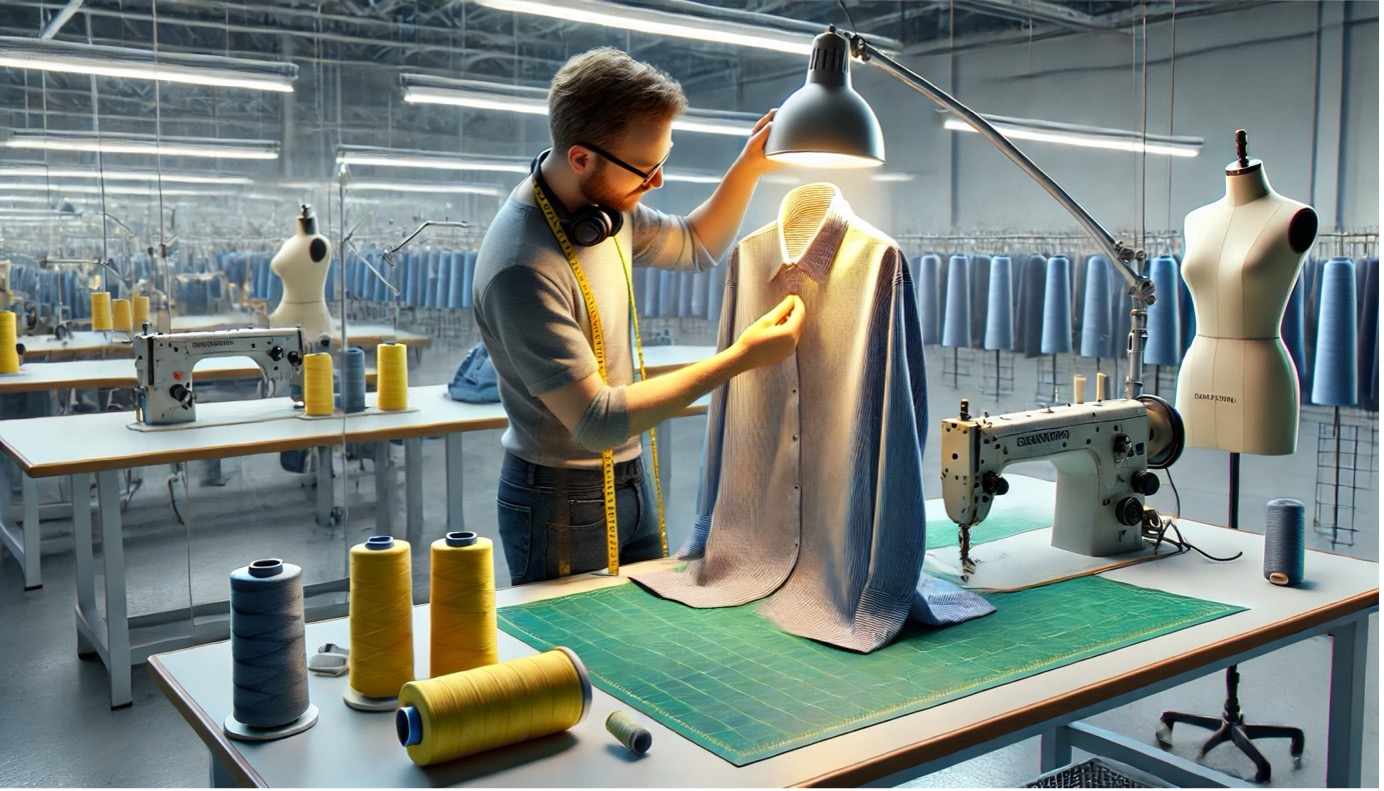
For any manufacturer of custom clothing to succeed, quality control is essential. It entails a number of procedures intended to guarantee that every item of clothing manufactured satisfies specified requirements for fit, composition, and general craftsmanship. Delivering consistent quality is crucial for establishing credibility, preserving client satisfaction, and ensuring long-term success in the fiercely competitive fashion sector.
Whether you’re a custom clothes manufacturer in Town Hill or anywhere else, maintaining high standards is non-negotiable. Quality control not only ensures flawless products but also builds customer trust and brand loyalty, especially in a specialized market like Town Hill.
This post will discuss the importance of quality control in the production of custom apparel, the procedures involved, the difficulties encountered, and how producers can successfully maintain superior product quality.
What is Quality Control in Custom Clothing Manufacturing in Town Hill?
Quality control in custom clothing manufacturing in Town Hill refers to the systematic approach used to ensure that garments meet specific quality standards before reaching customers. It involves detailed checks and inspections during different stages of production, from fabric sourcing to the final product.
Key Components of Quality Control:
- Fabric Inspection: Checking the quality and durability of the chosen materials.
- Design Consistency: Ensuring the design aligns with customer specifications.
- Production Accuracy: Monitoring stitching, seams, and overall construction.
- Final Inspection: A complete review of the finished product for defects.

The Role of Quality Control in Custom Clothing Production
Quality control is not just a step but a continuous process. Here’s why it plays a pivotal role:
- Ensuring Consistency in Design and Fit
- A primary goal for a custom clothes manufacturer is to ensure each product matches the approved design and fits perfectly. Quality control helps standardize measurements and design elements.
- Maintaining Material Standards
- Fabric quality can make or break a custom garment. Regular inspections during sourcing ensure that only premium materials are used.
- Preventing Defects in Production
- Detecting issues early can prevent major defects, reducing waste and rework. Consistent quality checks ensure products meet customer expectations.

Why Quality Control is Essential for a Custom Clothes Manufacturer
Quality control can define the success or failure of a custom clothes manufacturer. Here’s why it’s vital:
- Building Brand Reputation and Trust
Consistency in quality enhances brand credibility. Happy clients often lead to positive reviews and repeat business.
- Enhancing Customer Satisfaction and Loyalty
High-quality products keep customers satisfied and encourage repeat purchases. It fosters long-term relationships and word-of-mouth marketing.
- Avoiding Costly Errors and Waste
Errors caught late in production can lead to significant financial losses. Proper quality control minimizes waste and production rework.
Steps Involved in Quality Control for Custom Clothing Manufacturing
Implementing a comprehensive quality control strategy involves multiple steps:
- Fabric Inspection and Selection
- Inspecting for defects, color consistency, and durability.
- Rejecting materials that fail to meet quality standards.
- Pattern and Design Review
- Verifying the accuracy of design templates.
- Ensuring patterns align with client specifications.
- Sample Testing
- Creating prototypes for assessment.
- Adjusting designs based on feedback before mass production.
- In-line Production Checks
- Inspecting garments at different stages of production.
- Catching defects early in the process.
- Final Product Inspection
- A complete review of the finished garment.
- Checking stitching, fit, and packaging.
Benefits of Implementing Quality Control in Custom Clothing Manufacturing
Investing in quality control provides several benefits:
- Consistency and Reliability: Uniform products boost customer trust.
- Cost Efficiency: Reducing defects minimizes waste.
- Customer Retention: High-quality products lead to repeat business.
Challenges Faced in Quality Control by a Custom Clothes Manufacturer
While quality control offers many advantages, it’s not without challenges:
- High Production Volumes: Maintaining quality at scale can be complex.
- Speed vs. Quality: Balancing fast production timelines with quality assurance.
- Material Sourcing: Finding consistent, high-quality materials.
Solutions to Overcome Quality Control Challenges
Overcoming quality control challenges requires strategic solutions:
- Implementing Technology and Automation: Using fabric scanners and QMS tools.
- Skilled Workforce Training: Educating staff on quality standards.
- Standard Operating Procedures: Clear SOPs streamline processes.
The Impact of Poor Quality Control on a Custom Clothes Manufacturer
Neglecting quality control can have severe consequences:
- Damaged Brand Reputation: Poor quality affects credibility.
- Increased Returns and Refunds: Defective products result in financial losses.
- Loss of Clients: Inconsistent products drive customers away.

Quality Control Tools and Technologies for Custom Clothing Manufacturers
Several tools can streamline quality control:
- Fabric Inspection Machines: Detect fabric flaws early.
- 3D Fitting Software: Test fit and design digitally.
- QMS Systems: Monitor quality metrics systematically.

Recent Comments